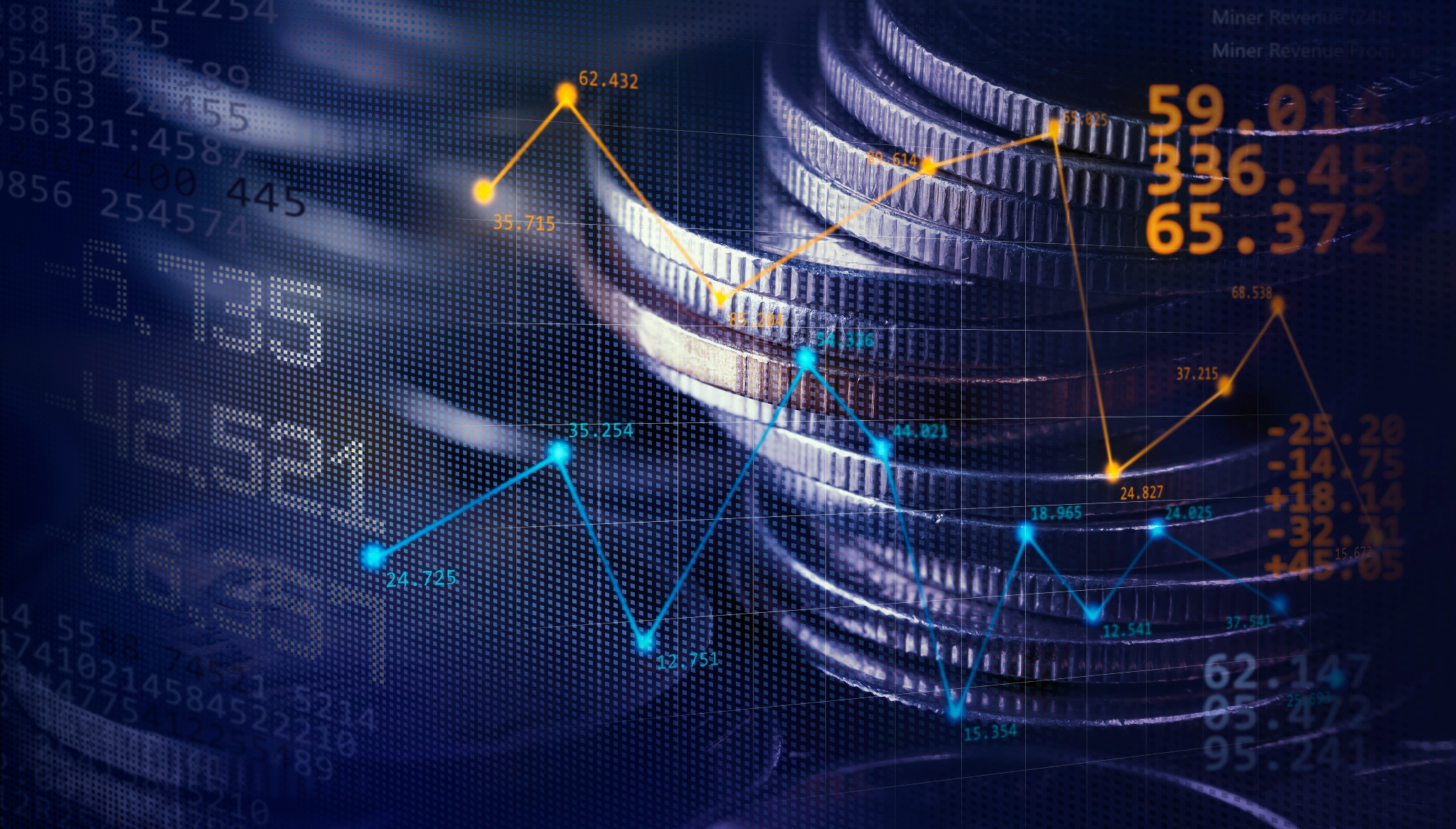
In the digital age, blockchain technology has emerged as a revolutionary force, redefining the landscape of trading and investment. Often hailed as the backbone of the new internet, blockchain offers unparalleled security, transparency, and efficiency in transactions. This article will explore the transformative potential of blockchain in trading, delving into its mechanisms, challenges, and burgeoning investment avenues.
The Backbone of Modern Trading: Understanding Blockchain
Blockchain technology is a decentralized ledger of all transactions across a network, allowing for secure, transparent, and tamper-proof exchanges. Its significance in trading lies in its ability to facilitate transactions without the need for traditional intermediaries, such as banks or governments. This decentralization not only reduces transaction costs but also increases speed and security. By leveraging blockchain, traders can engage in direct exchanges with confidence, knowing that each transaction is securely recorded and verifiable.
The Landscape of Blockchain in Trading
The application of blockchain extends across various sectors of the trading world, encompassing cryptocurrencies, securities, commodities, and more. Understanding the landscape requires a look into its key components:
Cryptocurrency Trading and Exchanges
Cryptocurrency trading represents the most well-known application of blockchain. Digital currencies like Bitcoin and Ethereum operate on blockchain technology, enabling peer-to-peer transactions that are secure and transparent. Crypto exchanges have proliferated, offering platforms for trading a wide array of digital assets.
Smart Contracts and Decentralized Finance (DeFi)
Smart contracts are self-executing contracts with the terms of the agreement directly written into code. These contracts run on blockchain, facilitating, verifying, and enforcing the negotiation or performance of a contract automatically. DeFi, or decentralized finance, builds on this concept, creating a financial system that operates independently of traditional banking institutions.
Tokenization of Assets
Blockchain enables the tokenization of physical and intangible assets, from real estate to intellectual property. This process involves creating digital tokens that represent ownership or a stake in an asset, which can then be traded on blockchain platforms. Tokenization makes illiquid assets more accessible and divisible, opening up new investment opportunities.
Challenges in Blockchain Trading
While blockchain presents a transformative potential for trading, it also faces several challenges:
Scalability and Performance
Blockchain networks, particularly those of popular cryptocurrencies, can suffer from scalability issues, leading to slow transaction times and high costs. Efforts to improve scalability and performance are ongoing, with solutions like layer-2 scaling and sharding being explored.
Regulatory Uncertainty
The decentralized nature of blockchain creates regulatory challenges. Jurisdictions around the world are grappling with how to regulate cryptocurrencies and blockchain-based transactions, leading to a landscape of legal uncertainty that can impact market stability.
Security Concerns
Despite the inherent security features of blockchain, the ecosystem is not immune to risks. Smart contract vulnerabilities, exchange hacks, and phishing attacks pose significant threats. Enhancing security measures and educating users are vital steps in addressing these concerns.

Investment Avenues in Blockchain Trading
The growth of blockchain has opened new investment opportunities:
Blockchain Funds and ETFs
Investors can gain exposure to blockchain technology through specialized funds and exchange-traded funds (ETFs) that invest in companies developing blockchain solutions or in cryptocurrencies directly.
Direct Cryptocurrency Investment
Investing in cryptocurrencies is the most direct way to engage with blockchain trading. While volatile, cryptocurrencies offer high growth potential and diversification benefits.
Blockchain Startups and ICOs
Investing in blockchain startups or participating in Initial Coin Offerings (ICOs) presents another avenue. These investments carry high risk but also the potential for substantial returns as new technologies and applications emerge.
The Ethical and Social Implications
Blockchain trading is not just about profits; it also carries ethical and social implications. The technology offers a path to financial inclusion, allowing unbanked populations access to financial services. However, the environmental impact of energy-intensive blockchain networks, like those used for cryptocurrency mining, raises sustainability concerns. Balancing innovation with responsibility is crucial.
Navigating the Future of Blockchain Trading
As blockchain continues to evolve, its impact on the trading world is undeniable. The future will likely see further integration of blockchain in traditional financial systems, the emergence of more sophisticated regulatory frameworks, and continuous technological advancements. For investors and traders, staying informed and adaptable is key to navigating this dynamic landscape. Blockchain and trading, together, are charting a course toward a more secure, transparent, and efficient financial future.












